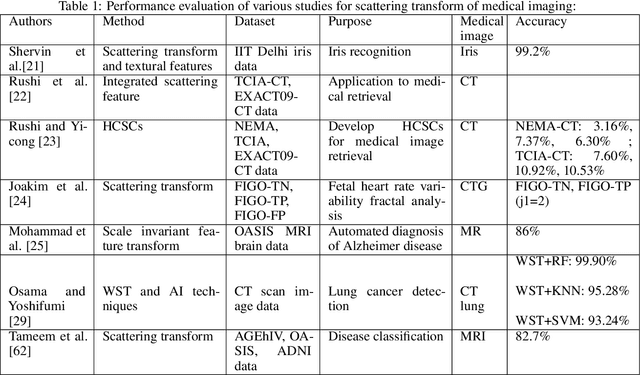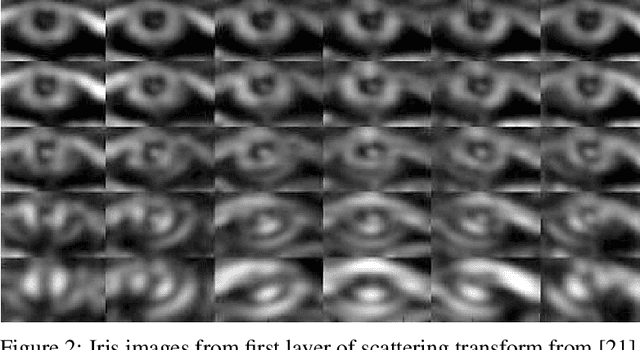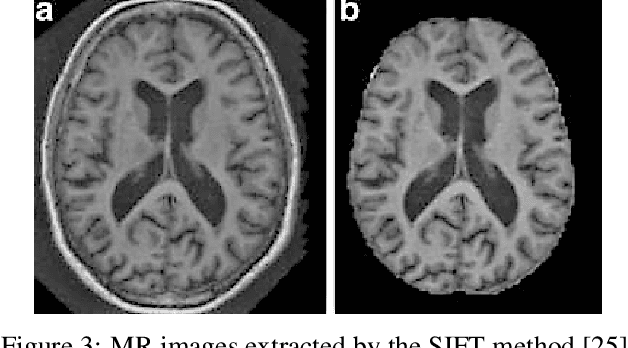Shoaib Ahmed
A Cognitive Network Architecture for Vehicle-to-Network (V2N) Communications over Smart Meters for URLLC
Aug 26, 2023



Abstract:With the rapid advancement of smart city infrastructure, vehicle-to-network (V2N) communication has emerged as a crucial technology to enable intelligent transportation systems (ITS). The investigation of new methods to improve V2N communications is sparked by the growing need for high-speed and dependable communications in vehicular networks. To achieve ultra-reliable low latency communication (URLLC) for V2N scenarios, we propose a smart meter (SM)-based cognitive network (CN) architecture for V2N communications. Our scheme makes use of SMs' available underutilized time resources to let them serve as distributed access points (APs) for V2N communications to increase reliability and decrease latency. We propose and investigate two algorithms for efficiently associating vehicles with the appropriate SMs. Extensive simulations are carried out for comprehensive performance evaluation of our proposed architecture and algorithms under diverse system scenarios. Performance is investigated with particular emphasis on communication latency and reliability, which are also compared with the conventional base station (BS)-based V2N architecture for further validation. The results highlight the value of incorporating SMs into the current infrastructure and open the door for future ITSs to utilize more effective and dependable V2N communications.
Invariant Scattering Transform for Medical Imaging
Jul 07, 2023



Abstract:Invariant scattering transform introduces new area of research that merges the signal processing with deep learning for computer vision. Nowadays, Deep Learning algorithms are able to solve a variety of problems in medical sector. Medical images are used to detect diseases brain cancer or tumor, Alzheimer's disease, breast cancer, Parkinson's disease and many others. During pandemic back in 2020, machine learning and deep learning has played a critical role to detect COVID-19 which included mutation analysis, prediction, diagnosis and decision making. Medical images like X-ray, MRI known as magnetic resonance imaging, CT scans are used for detecting diseases. There is another method in deep learning for medical imaging which is scattering transform. It builds useful signal representation for image classification. It is a wavelet technique; which is impactful for medical image classification problems. This research article discusses scattering transform as the efficient system for medical image analysis where it's figured by scattering the signal information implemented in a deep convolutional network. A step by step case study is manifested at this research work.
 Add to Chrome
Add to Chrome Add to Firefox
Add to Firefox Add to Edge
Add to Edge